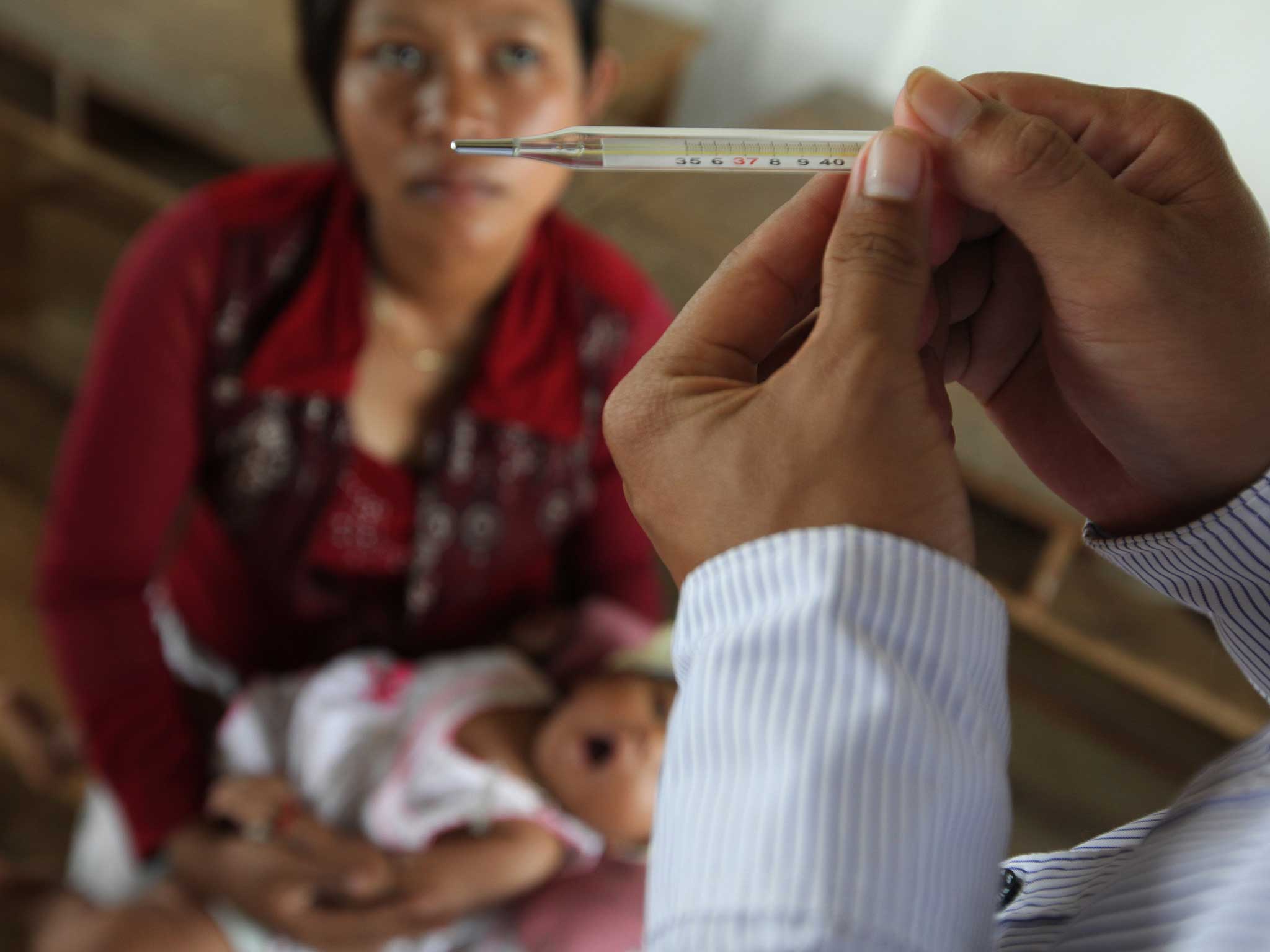First malaria vaccine gets 'green light' as scientists hope to eradicate deadly disease
Affected 198 million people in 2013 alone

The world’s first malaria vaccine has been recommended for use in Africa, bringing scientists a step closer to preventing hundreds of thousands of deaths each year.
It is hoped that the Mosquiriz jab, developed by GlaxoSmithKline and the Melinda Gates Foundation, will help prevent some of the half a million malaria deaths every year.
More than 198 million people in sub-Saharans Africa were affected by the disease in 2013 alone and 80 per cent of those that die are children under five.
Although the vaccine, which will hopefully provide protection to thousands for as little as $5 each, has been approved by the European Medicines Agency it now needs the approval of health officials in the African region.
The World Health Organisation still needs to assess whether to recommend the use of the drug for children.
The new jab works by provoking an immune response in the body following the introduction of the virus into the body by a mosquito. The jab hopes to prevent the disease multiplying in the victim's liver, which leads to blood infections, fever, aching and sometimes death.
While scientists on the project are optimistic, previous trials have yielded mixed results: trial data in 2011 and 2012 showed only reduced episodes of malaria in babies aged six to 12 weeks, although this percentage improved in data from children aged five to 17 months.
The vaccine, which has cost GSK an estimated $300million, is not the complete answer to malaria – but scientists hope it will provide a “meaningful contribution” to fighting the deadly disease.
Joe Cohen, a GSK scientist who has led the development of Mosquirix since 1987, said he had no reservations about the drug, saying it would have a “tremendous” effect on fighting malaria.
“It will have an enormously significant public health impact,” he told Sky News.
Charities have also welcomed the development. Justin Forsyth, chief executive of Save the Children, said that the vaccine should be made affordable to the children that need it.
"Malaria is one of the biggest killers of children in the world, killing one child every minute," Mr Forsyth said.
Additional reporting by Reuters
Join our commenting forum
Join thought-provoking conversations, follow other Independent readers and see their replies
Comments